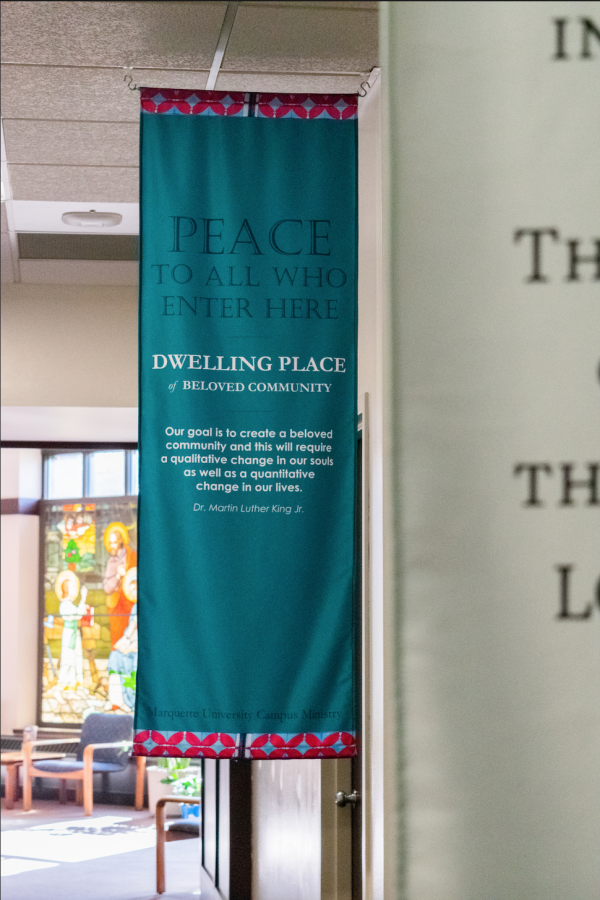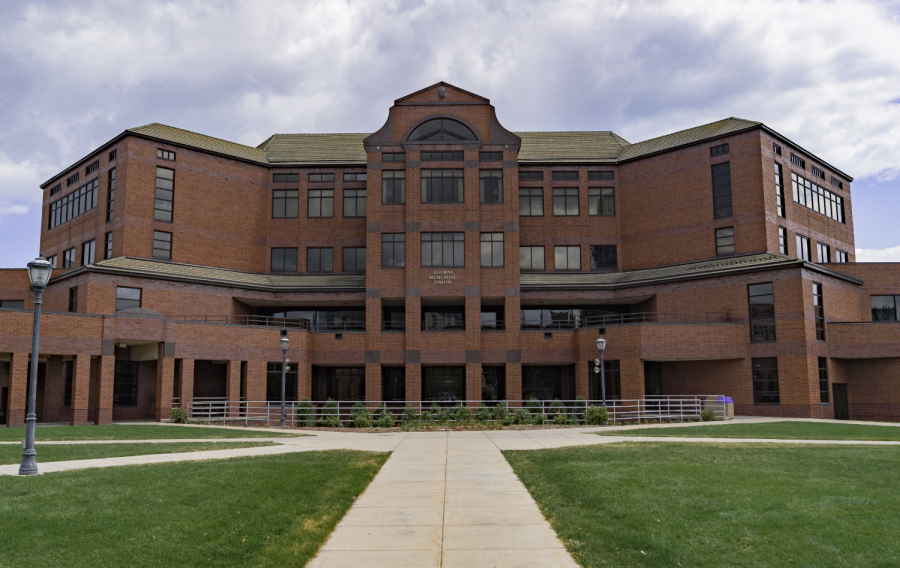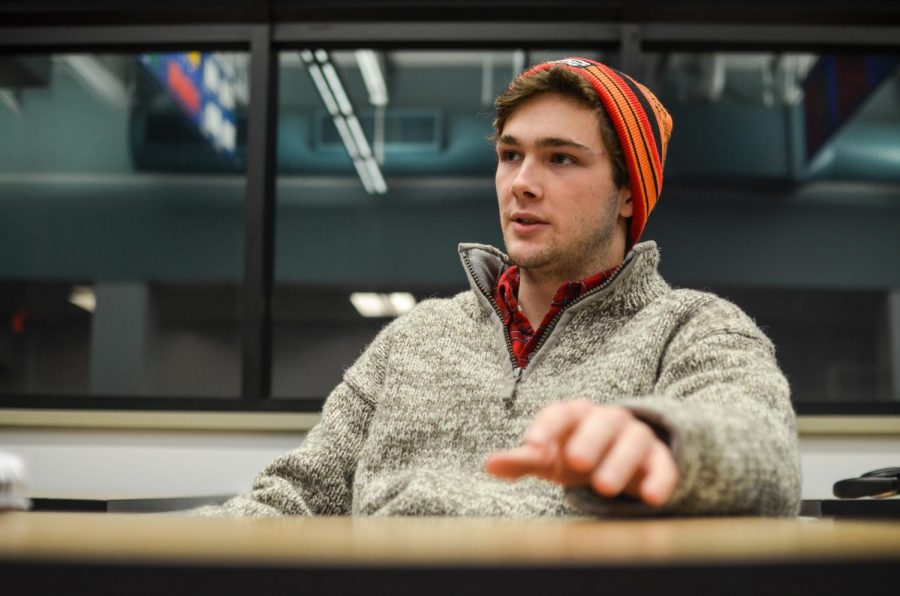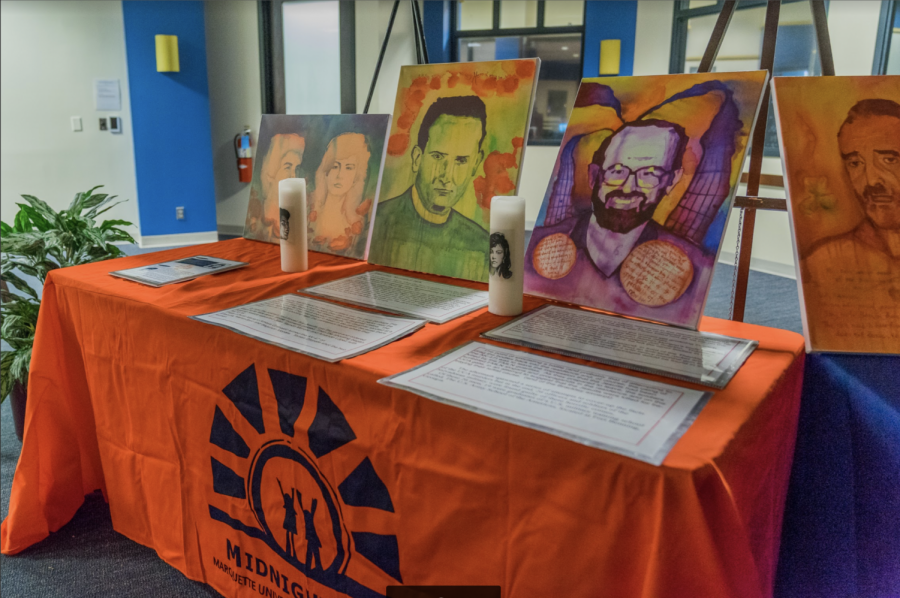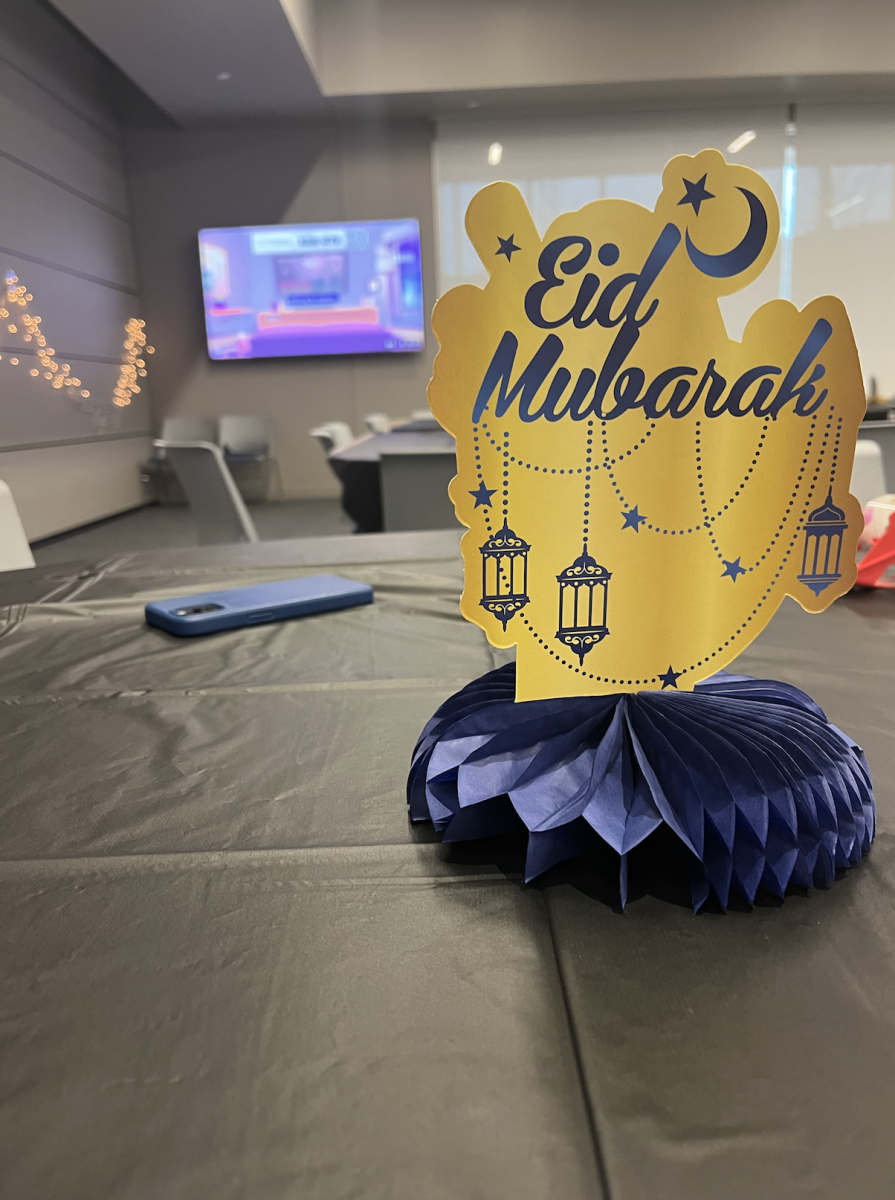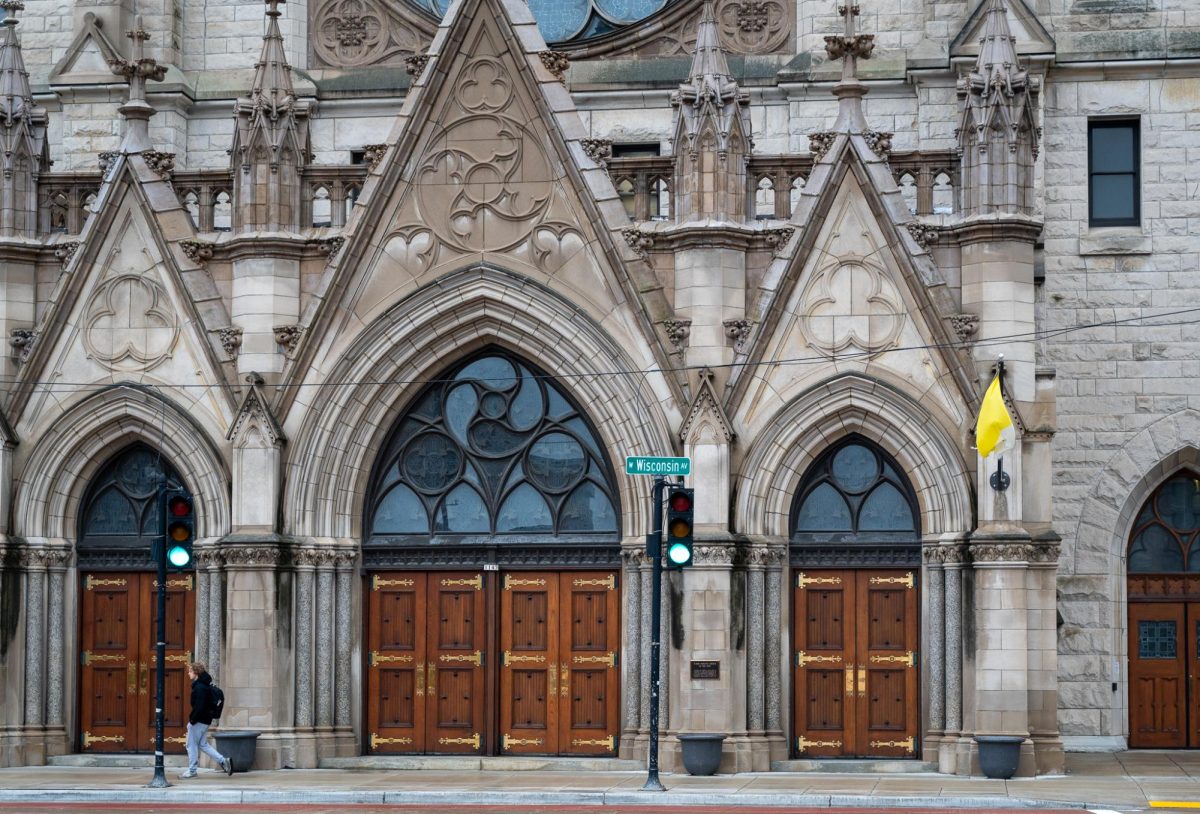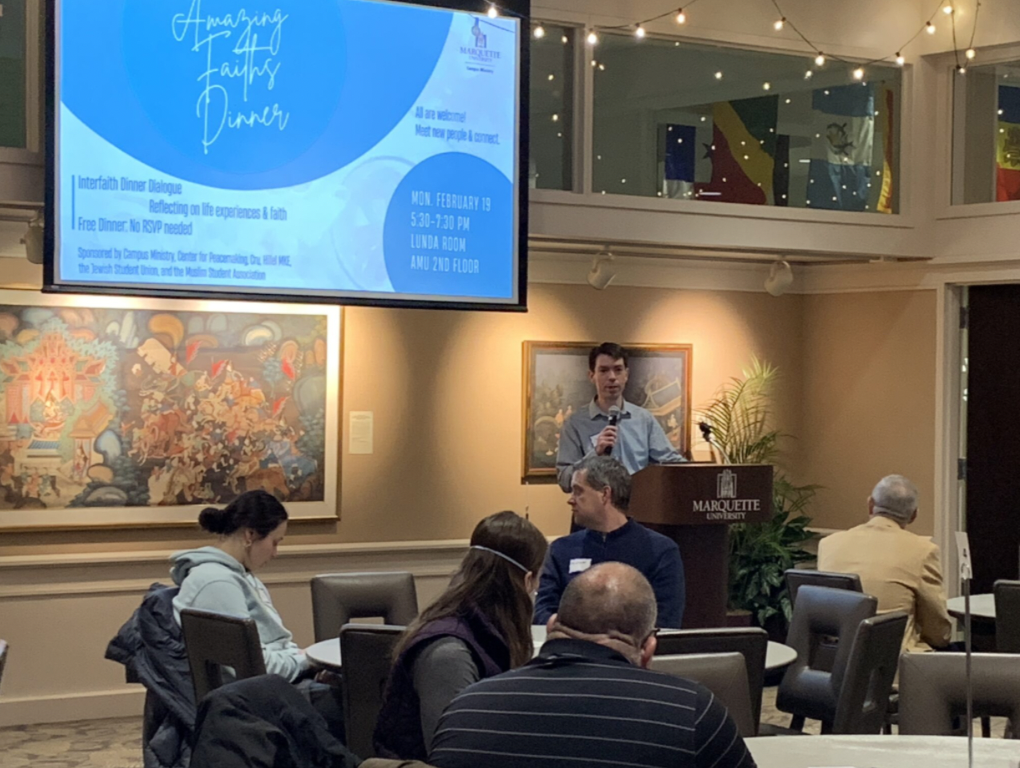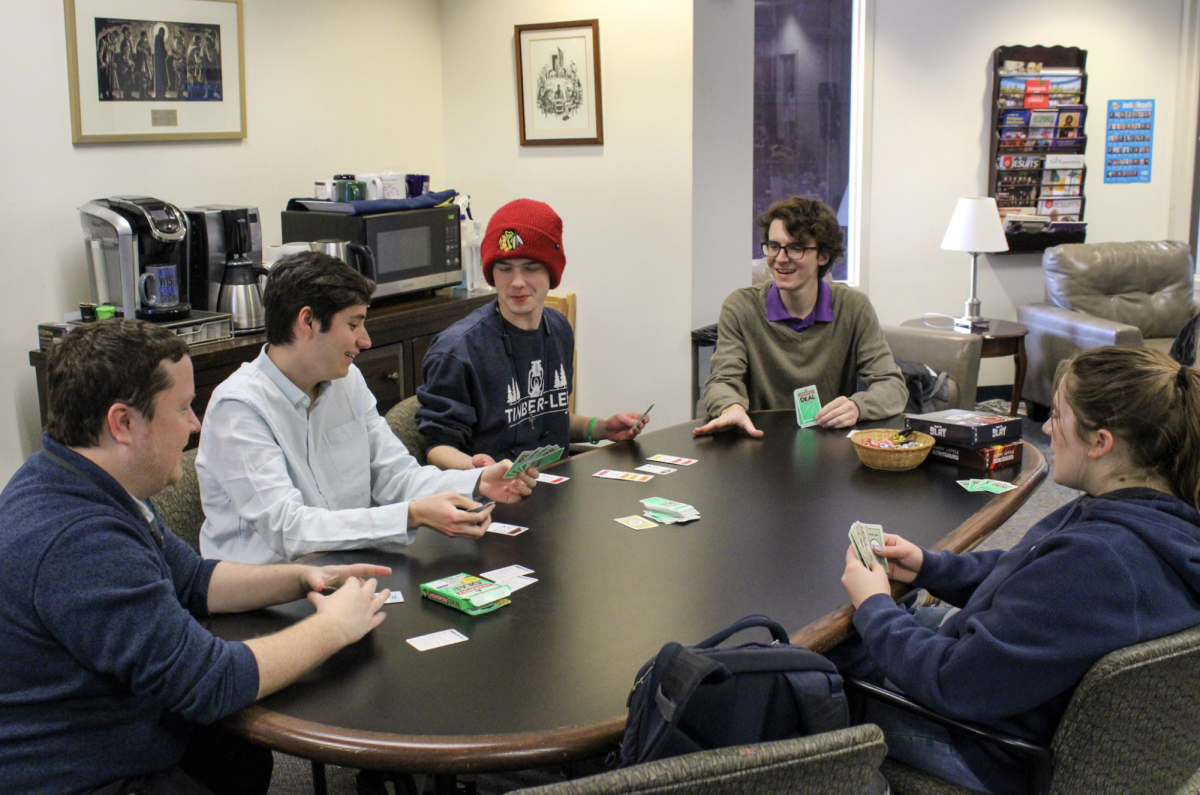Marquette’s mission is founded in service.
There are a variety of global service groups at Marquette. Some of these include Global Brigades, MARDI GRAS, Marquette Global Ambassadors and the International Marquette Action Program. These groups send Marquette students all over the world to extend stewardship and service that are embedded with Marquette’s Jesuit tradition.
Sometimes service to others around the world needs to mainly involve one simple task: immersion. The International Marquette Action Program, known as IMAP, takes this approach in its trips.
“It’s about being able to do our work in the global world,” assistant director of campus ministry and IMAP coordinator Ann Mulgrew says. “Our work equals the values and ideas of what Marquette is and how we engage with each other in the world.”
IMAP is an international service group that focuses on immersive experience worldwide.
Mulgrew has been a part of global outreach at Marquette for 15 years. IMAP has been to many countries in Central America, including Belize, Ecuador and the Dominican Republic, as well as across the Atlantic to Cape Town, South Africa. Marquette also has a local version of IMAP, called the Marquette Action Program (MAP), which takes place in local communities around the United States.
But after the first couple of service trips to Belize and Ecuador, Mulgrew says she realized that the service work they were doing in the area was “becoming unhealthy.”
“We made … moral decisions to back away from those programs because our footprints were not creating the best … environment for the community,”
Mulgrew says.
Mulgrew noticed these unhealthy effects when she was attending a small, local church service in one of the countries. She noticed that there were more white volunteers – including her own group – than actual members of the community they were trying to help. Mulgrew says that with having a presence that big, it’s easy to forget why you’re even there.
She says volunteer work isn’t supposed to be like a vacation in a new place, but instead becoming one with the community you’re in.
“With immersion, you’re creating a relationship and understanding with these people not only (at that) moment in time but in the bigger scope of effect,”
Mulgrew says.
Senior in the College of Business Administration Aidan Miano went on his first IMAP trip during the spring break of his first year at Marquette.
“In the time that I was there … I was really moved by the support Ann gave me and the support the friends that I made there gave me,” Miano says. “It really allowed me to consider justice in a different way.”
Mulgrew says IMAP’s goal is to “walk with students” as they immerse themselves in a culture they may have never been a part of before. This learning and immersion experience is all to connect what is back at home.
Miano says that he originally looked at justice as something of pure charity or of material work, but he says it goes a lot deeper than what mission work may typically look like.
“It’s been a really awesome journey to grow and learn in that,” Miano says.
Miano, who has gone on trips with both IMAP and MAP, says his experiences with the service groups have
been inspirational.
Class of 2020 Marquette graduate Jack Susla has also been involved in his fair share of global volunteer work during his time at Marquette, including working with Global Public Health Brigades and MARDI GRAS. MARDI GRAS is a program at Marquette that stands for “Making a Real Difference in Gulf Regions and Areas Surrounding” and focuses on disaster relief. Global Public Health Brigades is a volunteer group that specializes in working actively alongside community members in health settings.
“The biggest thing to me is … the community-based approach,” Susla says. “It’s not super difficult to really make a change and be part of a change is that’s what you’re part about. It just takes people who were willing to work for … a
positive change.”
This story was written by Benjamin Wells. He can be reached at [email protected]

